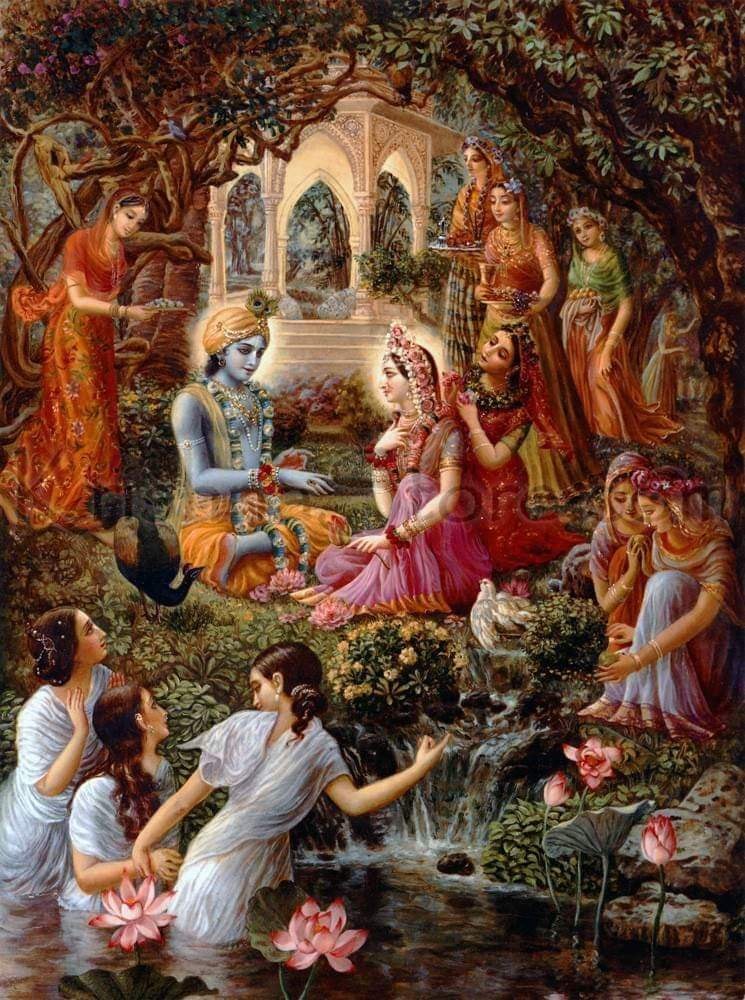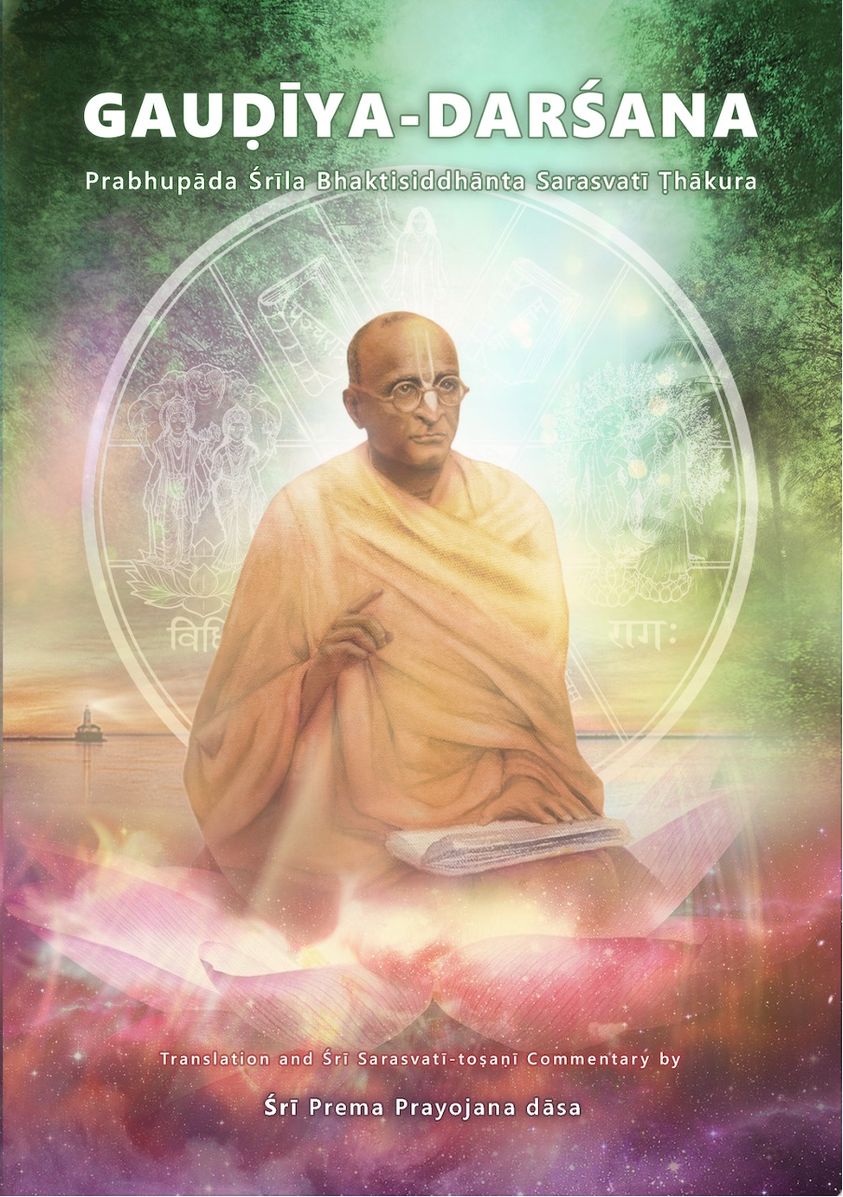
THE LIVING REALITY BEHIND ALL EXISTENCE.WHY DOES ARCHAEOLOGY RESEARCHES MANY ANCIENT CIVILIZATIONS BUT NEGLECT VEDIC CULTURE?
The answer lies in a combination of colonial bias, materialistic thinking, linguistic ignorance, and neglect of scriptural authority. While modern archaeology often praises Sumerian, Egyptian, or Mayan civilizations, it rarely gives proper recognition to the Vedic culture, which is the most ancient and spiritually advanced civilization on earth.
1. Colonial and Eurocentric Bias
Much of what is called “history” today was shaped by European colonial powers. During British rule in India, Western scholars promoted the idea that Indian civilization was secondary and borrowed from outside cultures. They invented theories like the Aryan Invasion to show that the Vedas came from Central Asia, not from India itself. This was not based on hard evidence, but on linguistic guesswork and political agenda.
Srila Bhaktivedanta Swami Prabhupada emphasized the profound importance of Vedic culture, viewing it as sanātana, or eternal, and the basis for genuine spiritual life and a truly civilized society. He taught that Vedic culture, rooted in the Vedas, provides the necessary guidelines for practical living and spiritual advancement, offering a timeless system that transcends temporary, material pursuits.
2. Materialistic and Superficial Approach
Modern archaeology focuses on physical ruins, tools, and bones. But Vedic culture is rooted in spiritual knowledge, yajna, mantra, and subtle science. Its treasures are not found in ruins but in śruti and śāstra. Because archaeologists reject the spiritual dimension, they overlook the depth of Vedic civilization.
Srila Prabhupada said during a room Conversation with an American Banker
“Vedic culture is perfect for human society. Perfect culture. That is Vedic culture. Everyone is happy. Still, those who are following the Vedic principle, they are more happy than others.”
3. Neglect of Sanskrit and Vedic Texts
Most archaeologists do not study Sanskrit and are unfamiliar with the Vedas. They ignore scriptures as valid sources of history. But our guru-varga explains that śāstra is more reliable than speculation. The Vedas describe entire dynasties, astronomical dates, geography, and social systems that go far beyond the scope of any other ancient records.
Srimad-Bhagavatam and Mahabharata contain detailed accounts of cities like Dvārakā, which modern marine archaeology has found submerged off the coast of Gujarat, dating back over 3000 BCE. Still, this is ignored.
4. Lack of Indian Support and Global Recognition
For many years, India did not seriously promote or fund Vedic archaeology. Instead, it often repeated colonial narratives in its own education system. This allowed foreign theories to dominate, while sacred traditions were pushed aside.
Even when solid evidence appears, such as the dried-up Sarasvatī River matching descriptions in the Rig Veda it is dismissed or reinterpreted to fit mainstream timelines.
5. Spiritual Superiority is Inconvenient
Sumerian or Egyptian cultures are admired for writing systems, tombs, or trade. But they do not offer deep knowledge of the soul, karma, or liberation. The Vedas, on the other hand, describe the eternal nature of the soul, the science of bhakti, and the goal of life beyond death.
This threatens the materialistic view of history. It challenges the idea that mankind gradually evolved from savagery. The Vedas show that true civilization begins with understanding the self as spirit soul.
Srila Prabhupada wrote in the
Śrīmad-Bhāgavatam 1.15.25–26
“So that culture begins, civilized, in the Āryan families. The Āryan civilization is so eulogized because they…, in the Āryan civilization there was Vedic culture The Darwin’s theory is that there was no civilized man, but gradually it has developed. Evolution means to become civilized. That is evolution. Or to advance in Kṛṣṇa consciousness.”
Conclusion
Vedic culture is not only older but also more spiritually complete than other ancient cultures. But because of colonial propaganda, materialistic science, and ignorance of śāstra, modern archaeology glorifies less advanced civilizations and neglects the divine origin of Vedic civilization.
No amount of digging in the sand can uncover the soul of a culture that is meant to be approached through devotion and realization. Real knowledge does not come from ruins, but from hearing from the right source.
Created with the help of ai
Please also visit www.harekrishnasociety.com
www.purebhakti.com

 Posted in
Posted in 








